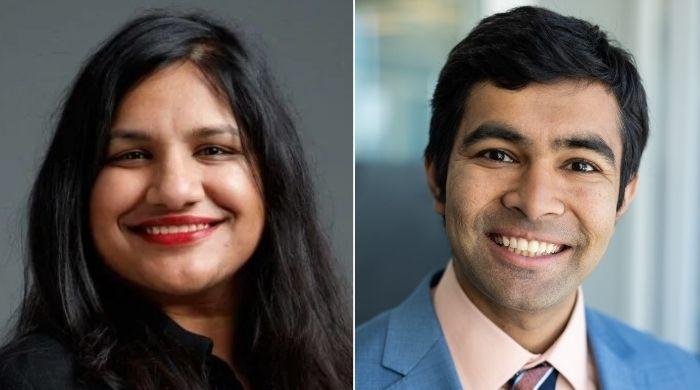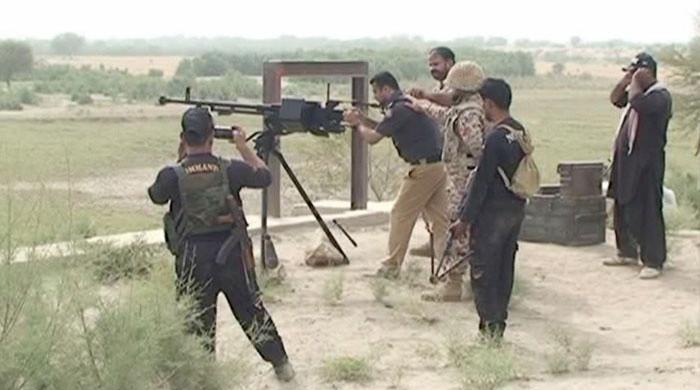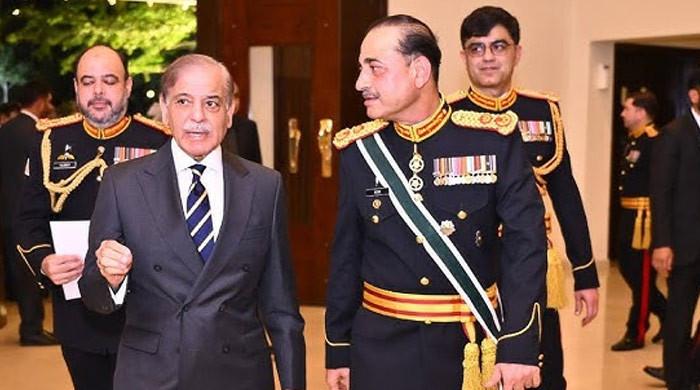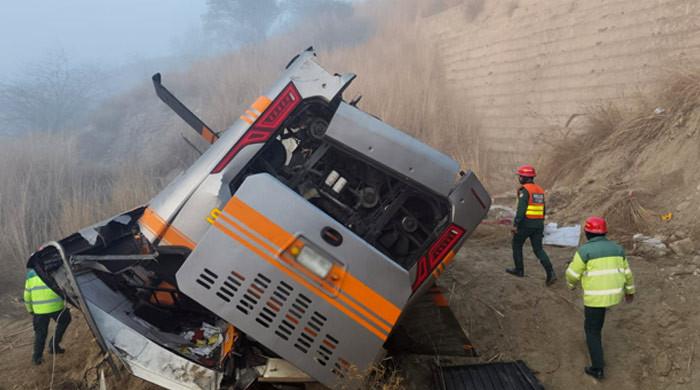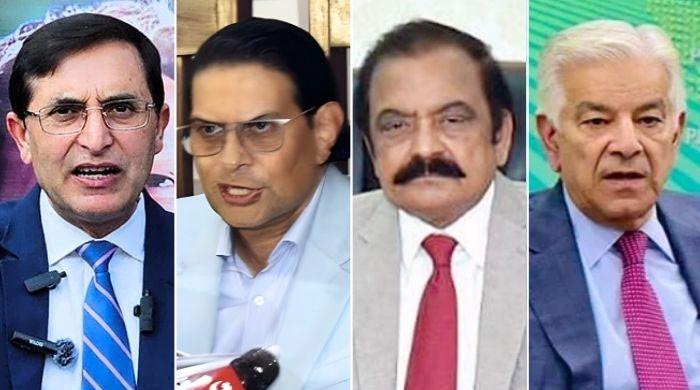PIA crew might be involved in Heathrow incident, says spokesman
Tajwar said that other agencies and not PIA is responsible for giving final clearance to a plane before its flight
May 16, 2017
KARACHI: Pakistan International Airlines (PIA) spokesman Mashhood Tajwar on Tuesday accepted that the airline’s crew might be involved in the Heathrow incident, in which UK authorities seized heroin "concealed in packets" and detained the plane’s crew for several hours.
UK’s National Crime Agency earlier today said that its “officers are investigating following the seizure of a quantity of heroin found by Border Force officers onboard a flight from Pakistan at Heathrow on Monday, May 15”.
Read also: Heroin seized from PIA plane at Heathrow Airport: UK authorities
On being grilled how frequent drug smuggling incidents on PIA flights could be possible without support from inside, the PIA spokesman speaking in Geo News show Aaj Shahzeb Khanzada Kay Sath agreed that no one department could be involved in an incident like today’s.
Tajwar while acknowledging the issue said that other agencies like the Anti-Narcotics Force, Airport Security Force and customs and not PIA is responsible for giving final clearance to a plane before the flight.
The PIA spokesman argued that an airline cannot handle the issue of global narcotics networks, saying airlines have only a “small role to play”.
Inquired about the plane’s crew which was detained for several hours and had their passports confiscated, Tajwar confirmed that the 13 crew members are staying in a hotel and will return tomorrow to Pakistan as per schedule.
The crew members were kept in detention for five hours. According to UK Border Agency (UKBA) sources, information had been received from Pakistan that there were narcotics onboard the flight. There was suspicion that the crew might be involved and that narcotics were hidden in different panels and areas of the plane.
Customs authorities in Pakistan have started an investigation into how the plane laden with heroin was provided clearance to fly.
The authorities have begun a probe against staff responsible for giving the clearance.
-Edited by: Sindhu Abassi




